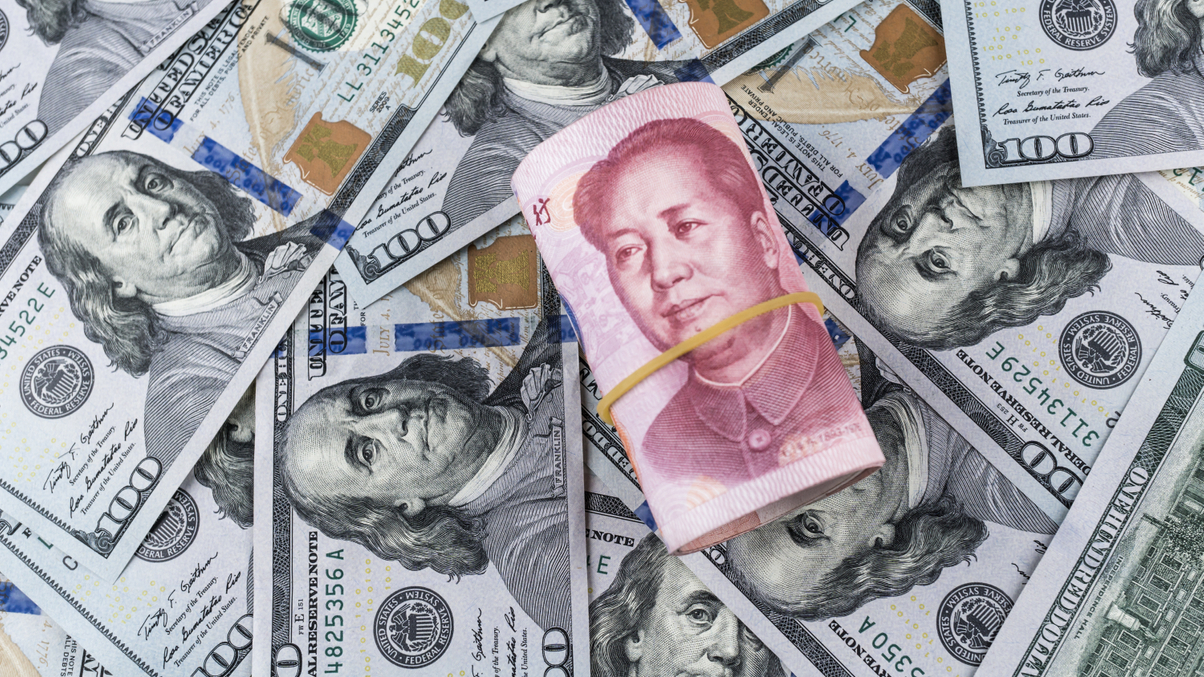RMB inclusion in SDR boosted by IMF move: StanChart
The renminbi has a good chance of being included in the IMF's basket of international currencies this year, a senior Standard Chartered strategist says. It follows the IMF's proposal to delay a possible inclusion.

The renminbi has a good chance of inclusion in the IMF’s basket of currencies following the international body’s revised implementation schedule, according to Standard Chartered.
Sign in to read on!
Registered users get 2 free articles in 30 days.
Subscribers have full unlimited access to AsianInvestor
Not signed up? New users get 2 free articles per month, plus a 7-day unlimited free trial.
¬ Haymarket Media Limited. All rights reserved.


